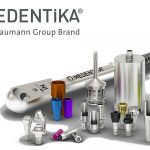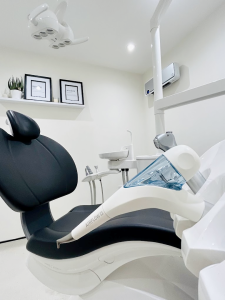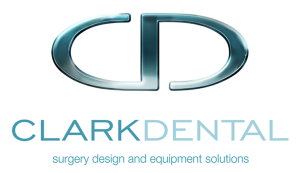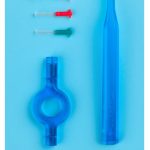Performing great dentistry isn’t only about carrying out cutting-edge procedures in the most challenging cases. Even though more advanced dentistry is exciting and can require specialist products to get right, it is certainly not the sort of dentistry most clinicians will be performing on a day-to-day basis.[i] Getting the basics right is vital, and ensuring you have the best possible equipment to complete everyday dentistry to a high standard is fundamental. After all, your patients are unlikely to know about a highly advanced procedure you performed last week, but they will certainly notice if they are dissatisfied with their new crown placement, and this will leave a lasting impression, affecting how they perceive you as a dentist. So, how can clinicians elevate the everyday dentistry they offer their patients?
Mastering simple skills
Becoming an extremely skilled dentist doesn’t happen overnight. Even though years of training are required to qualify, many more years are spent truly mastering the basics.[ii] Solidifying your skills and continuing to practise the essential general procedures is not only important in the early years after qualifying, but it is also vital at all stages of your career.
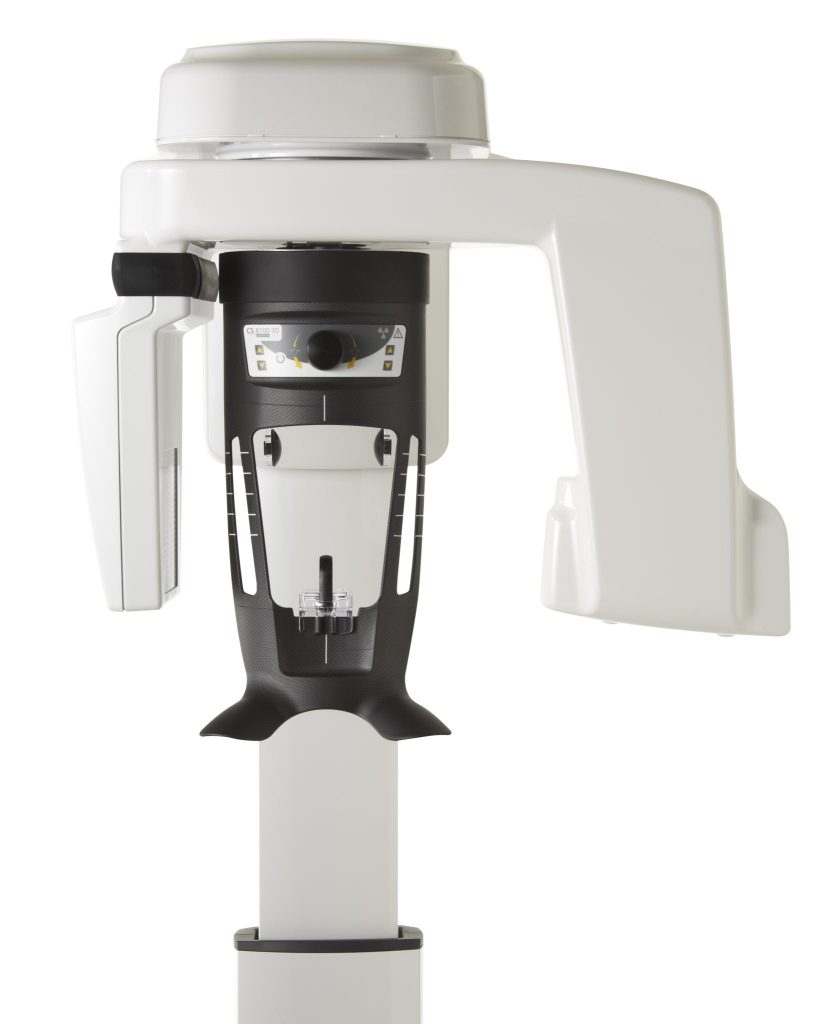 For example, taking accurate crown and bridge impressions can be very challenging.[iii] It is important to be able to take precise impressions as these are the foundations of many restorative procedures. Many things must be considered at once to achieve an impression accurate enough for use, these include setting time, working time, and the material’s affinity to water.[iv] With so many stages to consider, the success of the impression relies on the clinician’s ability to judge these things correctly. Once this skill has been mastered, the potential for the lab to create high-quality restorations is maximised.
For example, taking accurate crown and bridge impressions can be very challenging.[iii] It is important to be able to take precise impressions as these are the foundations of many restorative procedures. Many things must be considered at once to achieve an impression accurate enough for use, these include setting time, working time, and the material’s affinity to water.[iv] With so many stages to consider, the success of the impression relies on the clinician’s ability to judge these things correctly. Once this skill has been mastered, the potential for the lab to create high-quality restorations is maximised.
Honing your skills and mastering the basics of day-to-day dentistry is vital to allow you to complete these treatments with confidence,[v] build a fantastic reputation and, in time and with additional training, advance to perform more challenging procedures, to tackle complex cases.
Choose your products carefully
The importance of using high-quality products, even in the simplest cases, should not be understated. The products a clinician has at their disposal will either limit or expand their capabilities. If you have the skills to carry out a beautiful anterior composite restoration, but not the materials, then you are unable to achieve your full potential, and the patient will not receive the best results possible.[vi]
When it comes to choosing consumables and dental equipment, it is important to consider several things. Is it appropriate for the type of work you carry out? Is it versatile for use across a number of indications to maximise value for money? And will it allow you to fulfil your potential in your day-to-day cases?
Imaging is the diagnostic key
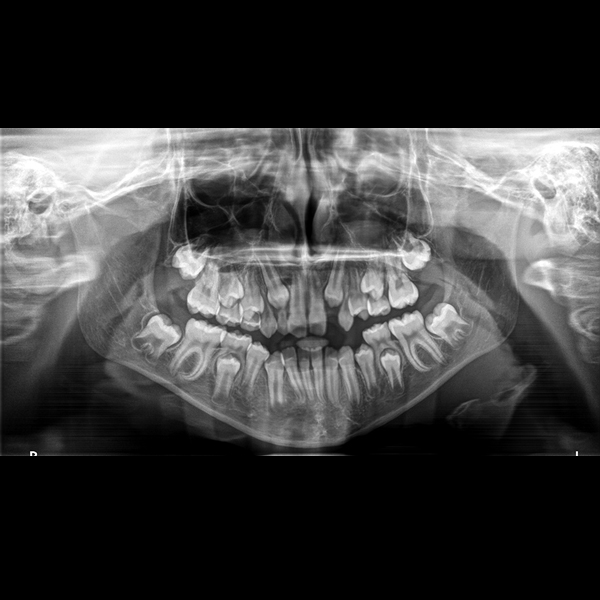 The ability to make an accurate diagnosis is fundamental for providing your patients with the highest standards of care. Treatment planning, patient consent and satisfaction are based on the diagnosis you make at the initial examination. This makes it vital to be confident you can make an accurate diagnosis, every time. Imaging has proved itself to be a very useful tool in diagnosis and treatment planning, with advancements in the field being made every day.[vii] However, it is important to invest in equipment which is suitable for your practice, and compatible with your workflows.
The ability to make an accurate diagnosis is fundamental for providing your patients with the highest standards of care. Treatment planning, patient consent and satisfaction are based on the diagnosis you make at the initial examination. This makes it vital to be confident you can make an accurate diagnosis, every time. Imaging has proved itself to be a very useful tool in diagnosis and treatment planning, with advancements in the field being made every day.[vii] However, it is important to invest in equipment which is suitable for your practice, and compatible with your workflows.
The CS 8100 3D CBCT system from Carestream Dental is ideal for use across all routine cases. Its award-winning design means that it fits in tight spaces, making it suitable for use in any dental practice, slotting comfortably into your day-to-day workflow. The simple 4-in-1 solution offers outstanding value, without compromising on quality. The system gives you the ability to produce high-resolution 3D images within your practice – allowing you to diagnose and treatment plan effectively in all of your daily cases.
Take time to master the basics. Develop your skills in general dentistry, build your armamentarium, and hone your diagnostic abilities. When you can provide high-quality dentistry to each patient, every day, your reputation will grow and you can continue to improve and maintain relationships with your patients. Investing in technology which will assist you in this journey is beneficial. Using equipment which facilitates accuracy in diagnosis and treatment planning will support you as you are learning, and give you the peace of mind and certainty that you need to provide your patients with the treatment they need.[viii] Then, once you and your patients are confident in your abilities, you may find it appropriate to begin offering more advanced procedures, with the knowledge that you can consistently provide excellent care.

For more information on Carestream Dental visit www.carestreamdental.co.uk
For the latest news and updates, follow us on Facebook and Instagram @carestreamdental.uk
Nimisha Nariapara
Nimisha is the Trade Marketing Manager at Carestream Dental covering the UK, Middle East, Nordics, South Africa, Russia and CIS regions. She has worked at Carestream Dental for the past 7 years, where she has developed her marketing skills and industry knowledge to bring the core values and philosophy of the company to the market.
[i] https://www.nhs.uk/live-well/healthy-teeth-and-gums/dental-treatments/
[ii] Singh, Simran Sunil, et al. “Millennial dental education: Insight into dentistry from the perception of interns.” NeuroQuantology 20.8 (2022): 4208-4216. https://www.researchgate.net/profile/Neelam-Gavali/publication/362733783_Millennial_dental_education_Insight_into_dentistry_from_the_perception_of_interns/links/62fcb387ceb9764f7202862f/Millennial-dental-education-Insight-into-dentistry-from-the-perception-of-interns.pdf
[iii] Geissberger, Marc. “Mastering Crown and Bridge Impressions.” https://www.aegisdentalnetwork.com/adn/id/2018/11/mastering-crown-and-bridge-impressions?page_id=453
[iv] Geissberger, Marc. “Mastering Crown and Bridge Impressions.” https://www.aegisdentalnetwork.com/adn/id/2018/11/mastering-crown-and-bridge-impressions?page_id=453
[v] Singh, Simran Sunil, et al. “Millennial dental education: Insight into dentistry from the perception of interns.” NeuroQuantology 20.8 (2022): 4208-4216. https://www.researchgate.net/profile/Neelam-Gavali/publication/362733783_Millennial_dental_education_Insight_into_dentistry_from_the_perception_of_interns/links/62fcb387ceb9764f7202862f/Millennial-dental-education-Insight-into-dentistry-from-the-perception-of-interns.pdf
[vi] Rimalovska, Sevda. “Study of the Dental Practitioners’ Criteria for the Selection of Restorative Materials for Primary Teeth.” https://d1wqtxts1xzle7.cloudfront.net/80861763/Study_of_the_Dental_Practitioners_Criteria_for_the_Selection_of_Restorative_Materials_for_Primary_Teeth-libre.pdf?1644923911=&response-content-disposition=inline%3B+filename%3DStudy_of_the_Dental_Practitioners_Criter.pdf&Expires=1670421350&Signature=X1-jxLQ7adBvlKejmd2HGWaX3OSPg5W6TcBT3mCzYB78Dr6DxlbDgaQ9~Vt7DldoGnXkBFwVyPnagQ8EjvpucUHXF7Aamdo95RHO5NR7gDP4BUARo-Z8xbYs1Ex4wLHBTACHb0d~ajVabVA5ACeLvkLokjD~WwWqKWBNcmiA-OOpckckGpbudkLWMaqy79A14L4cUKsVsv60rf9Rp~E6ptuoyGJq-QDGoLIKMuYqtESFtWDwtu3K6MdqSePEMkS4cH6~-UsKGghQFMzE9F0rFNjUD2HmeiYZkqOot6Uml~0mBAuWjIqzoUJk1MKtYxlQfgA2AkY9HfueGGAWB1KYpA__&Key-Pair-Id=APKAJLOHF5GGSLRBV4ZA
[vii] Leonardi, Rosalia Maria. “3D Imaging Advancements and New Technologies in Clinical and Scientific Dental and Orthodontic Fields.” Journal of Clinical Medicine 11.8 (2022): 2200. https://www.mdpi.com/2077-0383/11/8/2200/htm
[viii] Singh, Simran Sunil, et al. “Millennial dental education: Insight into dentistry from the perception of interns.” NeuroQuantology 20.8 (2022): 4208-4216. https://www.researchgate.net/profile/Neelam-Gavali/publication/362733783_Millennial_dental_education_Insight_into_dentistry_from_the_perception_of_interns/links/62fcb387ceb9764f7202862f/Millennial-dental-education-Insight-into-dentistry-from-the-perception-of-interns.pdf






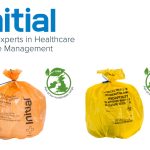
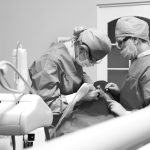
 Dentistry is always evolving with continuous conversations regarding various oral conditions, constant streams of new scientific research, developments of new technology, and patients’ ever-increasing expectations of dental services. By keeping their knowledge and skills up to scratch, dentists will be able to effectively manage these challenges and changes, ensuring they remain competent and confident in their work, and allowing them to offer excellent care to their patients.iii
Dentistry is always evolving with continuous conversations regarding various oral conditions, constant streams of new scientific research, developments of new technology, and patients’ ever-increasing expectations of dental services. By keeping their knowledge and skills up to scratch, dentists will be able to effectively manage these challenges and changes, ensuring they remain competent and confident in their work, and allowing them to offer excellent care to their patients.iii
